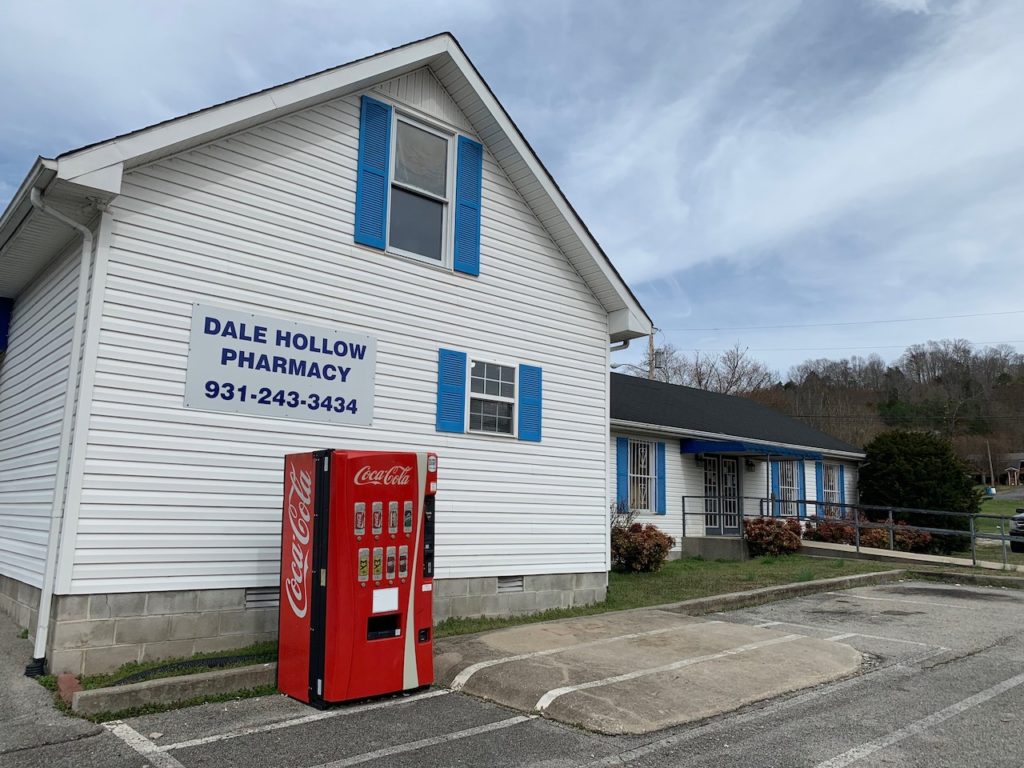
On Wednesday, federal authorities unsealed indictments charging 60 people with crimes related to opioid prescriptions and pain management. And more than half of the people accused by the U.S. Justice Department worked in Tennessee.
In total, 32 Tennessee medical professionals have been indicted, with nine doctors, nurse practitioners and a pharmacist in Middle Tennessee charged with either illegally prescribing or dispensing opioids, as well as fraud related to pain management.
“These kinds of targets aren’t necessarily the same exact targets that we had 10 years ago, in terms of blatantly obvious to an outside observer,” U.S. Attorney Ben Glassman said at a press conference Wednesday morning in Cincinnati. “They’re not necessarily as straightforward cases, which is why it’s so important that the department is using all of the data it has at its disposal to crunch the numbers and find out where are the doctors that really law enforcement should be looking at.”
Many of the names in Tennessee have appeared in previous state-level investigations into potential inappropriate opioid prescribing, like
Darrell Rinehart of Columbia who had moved to Indianapolis. He was charged with 19 counts of inappropriate prescribing of opioids.
Three nurse practioners with
Pain MD in Franklin were also charged with health care fraud related to a scheme to provide medically unnecessary injections or else stop writing opioid prescriptions for the patients.
Pharmacist John Polston, who runs pharmacies in Celina, was also indicted on 21 counts of dispensing high-powered drugs without legitimate medical purpose. Those pharmacies were
shut down by a federal judge in February.
Other Middle Tennessee practioners swept up in the operation include:
- Dr. Bowdoin Smith of Carthage
- Dr. Lawrence Valdez of Hendersonville
- Dr. Timothy Abbott of Nashville
- Nurse practioner Heather Marks of Murfreesboro
Eight people in East Tennessee and 15 in West Tennessee were also charged. In the six-state operation, prosecutors say 350,000 prescriptions were written for controlled substances and 32 million pills were dispensed.


